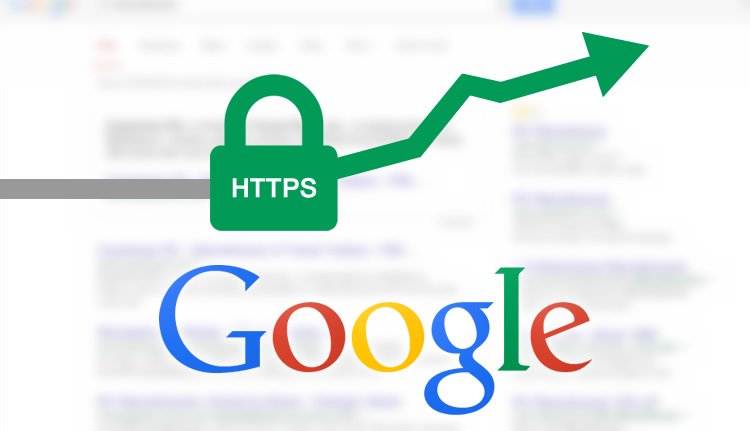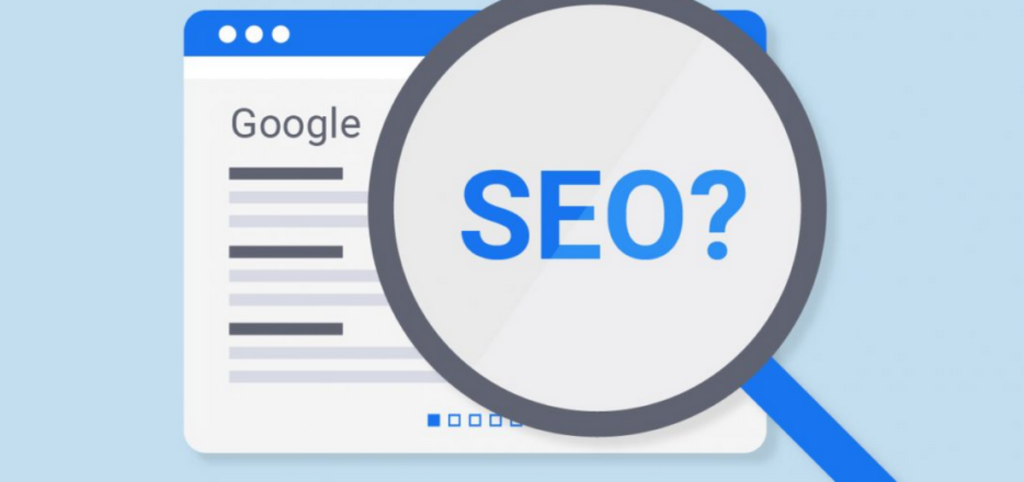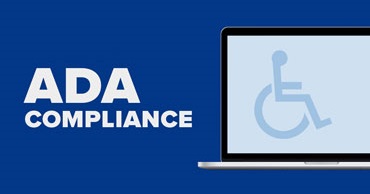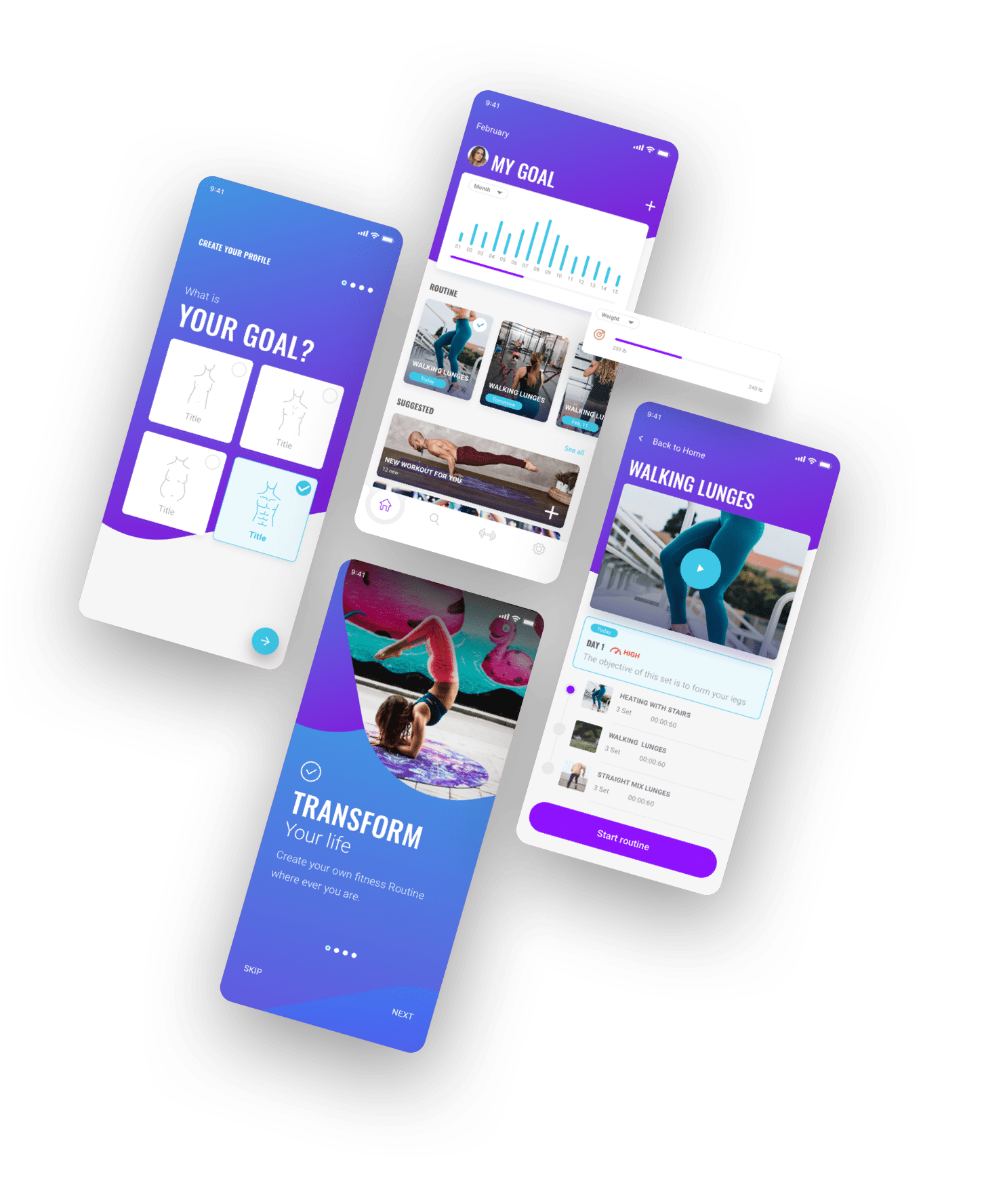In today’s world, it is nearly impossible to be successful without having a website. Websites are not only the best way to reach your customers and potential clients, but they also offer you an opportunity to rank higher on search engines such as Google.
But with so many other sites vying for attention in the digital world, your site needs more than just good looks if it wants to stand out from the crowd. That’s why web design guidelines are important – because no one knows your business better than you do. So here are some tips that will help optimize your site for search engines:
1. Create Responsive Design:
With so many people using mobile devices these days there is a huge demand for responsive design. This means making your site mobile-friendly by using fluid design and media queries to produce designs that adapt to any screen size.
Responsive design is important because it ensures that 100% of your customers can access your site at any time. Whether they are in a crowded auditorium or in the middle of nowhere, your website will be accessible to everyone.
2. Mobile Friendly:
In addition to responsive design, you’ll need a mobile-friendly site as well. Mobile visitors are now the majority of those on the internet and if your site isn’t visible on a mobile phone it may as well not even exist.
This way, your customers don’t have to do any extra work. They can simply pull out their phone, open up your website and make a purchase within seconds. Today, search engines are also rewarding mobile-friendly websites with higher rankings, so it just makes sense to stay ahead of the game.
3. Use Right the Keywords:
Keyword research is one of the most important stages of any online marketing campaign because it helps you understand what people are looking for and what they care about. If you want your site to show up in search engine results, you’ll want to make sure that the keyword you used is one of the terms people are using when they search.
Then, integrate your keywords into the various places that appear on your sites such as titles, descriptions, and metadata. This will help get more eyes on all of your content and increase your chances of ranking higher in the search engine results.
4. Optimized Headers:
When Google scans your pages, it looks for relevant keywords in your headings and titles to help determine what each page is about on your site. So it’s very important to use headers that match up with the content on each of your web pages.
For instance, don’t use the H1 header on your homepage unless it is relevant to the home page. Also, make sure that your headers are not too large or small for the text around them because this can also lead to lower search rankings.
5. Images and Videos:
As far as search engine optimization is concerned, images and videos also play a very important role in your campaigns. This is because they are considered valuable content that should be ranked higher if the search engines consider them relevant to specific keywords.
So where you can, try to add an image or video into your posts to help boost your rankings. If you don’t have the time to do this, you embed them from YouTube. This way you can ensure your images are optimized for search engines and drive more traffic to your website in the process.
















